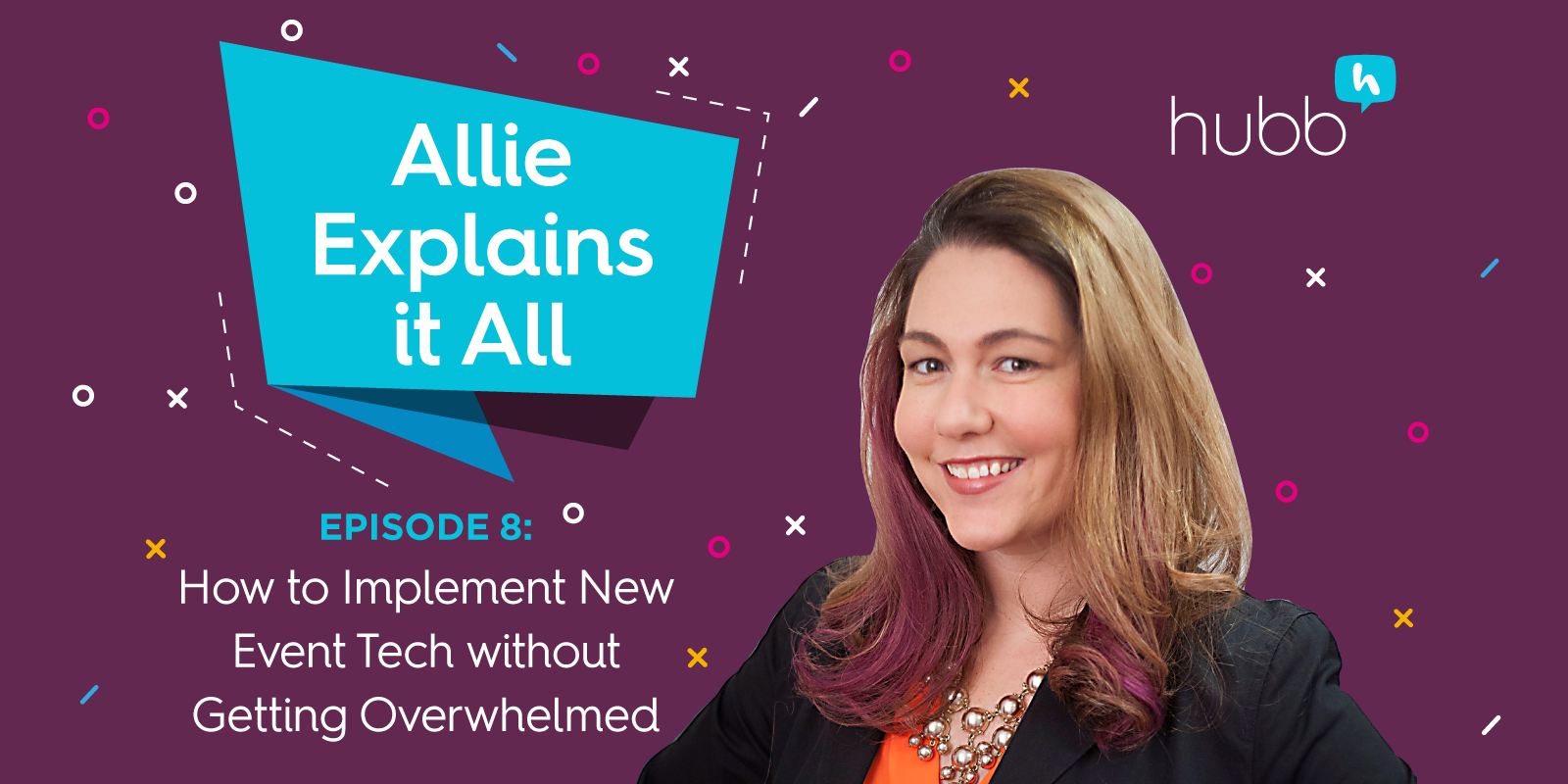
I've yet to witness an event without at least one difficult attendee. And as meeting managers, it often falls to us to defuse the situation. This is a challenge, for sure, but also an opportunity. Here are the principles I abide by when dealing with difficult attendees at events.
-
Speed1x
-
Quality360p

Thanks for reporting a problem. We'll attach technical data about this session to help us figure out the issue. Which of these best describes the problem?
Any other details or context?
Listen to the Attendee
Most of the time, people are angry because they want to be heard and they feel like they're not. If you want to defuse their anger, the first and most important step is to really listen to the attendee and what they're saying.
Go with Barriers Down
Our first instinct when presented with anger is to get defensive. It's human nature, but it also does nothing to reduce the attendee's anger. It might even make them even more angry.
Give the Attendee Your Full Attention
Remember, their anger stems from feeling like they're not being heard. If you're answering emails on your phone while also talking with them, they're not going to feel like you're listening.
Commit Yourself to Asking Questions
Often, the root issue is obscured by their anger. They might not even realize the true reasons behind their frustration! To find it, commit yourself to asking the attendee questions. This will make them feel like they're being heard, talking out their frustrations will often calm them down, and it will help you zero in on the actual problem they're angry about.
Follow up!
If you truly want your attendee to feel like they were heard and you're seriously addressing their concerns, follow up after your conversation. Even something as small as a quick email summarizing what you're doing to address their issues will go a long way to demonstrating your genuine commitment to their concerns.
Follow this advice and you can turn a difficult attendee into a raving fan.
Want to plan the perfect conference? Download Hubb's Ultimate Guide to Conference Planning eBook!







